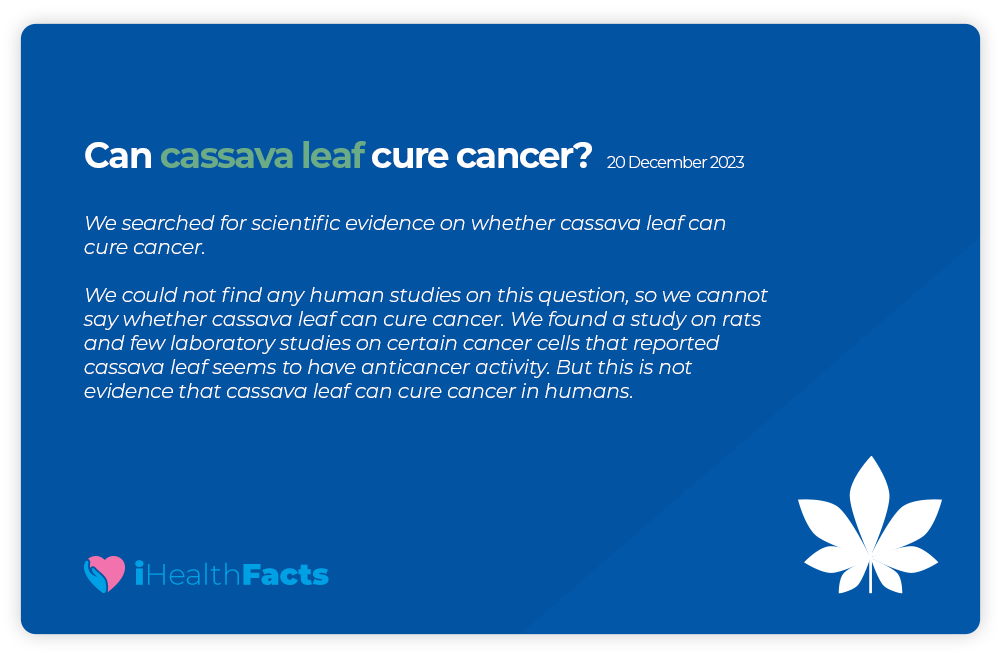- Lead Researcher: Dr. Pradnya Kakodkar, Doctoral Researcher, Dentistry & Health Sciences, Symbiosis International (Deemed University), India.
- Reviewed by: Dr. Paula Byrne, Senior post-doctoral researcher, iHealthFacts, Evidence Synthesis Ireland and Cochrane Ireland, College of Medicine, Nursing and Health Sciences, University of Galway.
- Topic advisor: Dr. Sinéad Lydon, Associate Professor, Discipline of General Practice, School of Medicine, University of Galway.
- Public and Patient advisor: Anne Daly, Public and Patient Involvement in Research (PPI) Advisor, PPI Ignite, University of Galway.
- Journalist Advisor: Dr. Claire O’Connell, PhD in Cell Biology, Masters in Science Communication. Contributor to The Irish Times, writing about health, science and innovation.
Conflict of Interest Statement: The authors have no financial or other conflicts of interest for this health claim summary.
